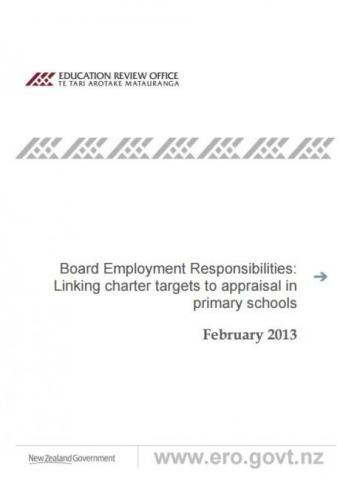State and State-integrated schools/kura
Published: 16 Mar 2022
This page explains how we work with you to review your English-medium school/kura. You will find our evaluation for improvement process and the documents that you will need during your evaluation including the evaluation indicators and school self audit and assurance statement.
- Audience:
- Education
- Schools
- Content type:
- Basic page
- Topics:
- Integrated schools
- State schools
- school improvement framework











